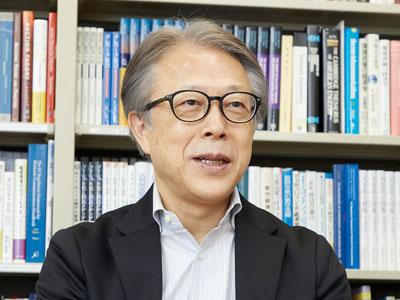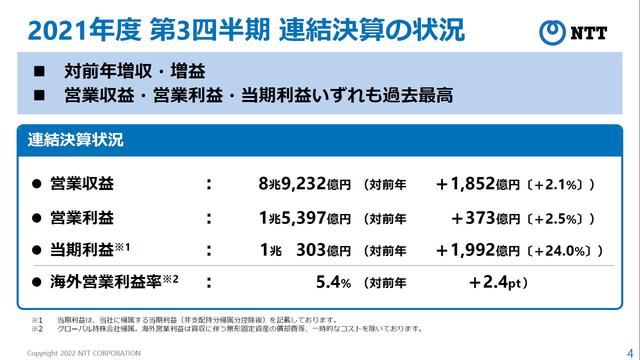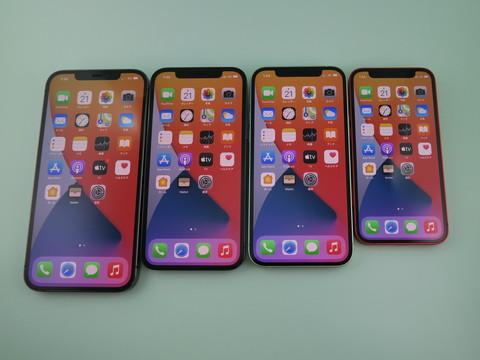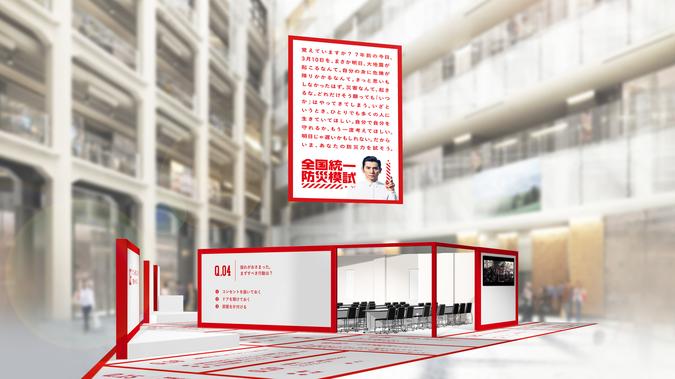"Regional information is contributed to SDGs" Ask Professor Sanyu, Japan, Japan ICT International Development starting from the area
――Myoyu -sensei has been involved in regional informationization for many years. With the expansion of the new colon virus infection and the start of 5G, the expectation that society will accelerate significantly is increasing, but how is the current state of regional information being evaluated? Sanbu's information on Japan, including infrastructure, but was very late until 2000. Since 2000, there have been various names, such as the E-JAPAN strategy and the U-JAPAN policy, but as a result, various promotion measures such as broadband and zero regional resolve projects are launched, and as a result, Japan is particularly infrastructure. In terms of aspects, it has been evaluated as a very advanced country, and I think there were some places to praise it. On the other hand, due to the noticeable delay in utilization, we have been working on policies that promote ICT utilization in recent years. However, in the new colona, both the city center and the region had to use ICT, and what I found well was that "the development of regional infrastructure was not yet sufficient." There were quite a few Internet environments that were not at the level where video conferences could be held. Especially the school's Internet environment was useless. The government's regional information business has been continuing in a row, and some have achieved results, but unfortunately it was very difficult to respond to the catastrophe -like change. ――The infrastructure that praised self -portrait, but the actual situation was very different. From the reflection, the Ministry of Internal Affairs and Communications now has a supplementary budget of about 50 billion yen to support optical fiber development. I think the local network will be much better, but the biggest problem is the declining population. The population declining is rapidly progressing, and can we build a network in areas where the population may be halved in the next 10 or 20 years, and then continue as a business? Someone needs to bear the cost. Therefore, the Ministry of Internal Affairs and Communications is currently discussing the conversion of broadband services universal services. Universal service is a good idea in the sense that the people can enjoy a broadband service that can be enjoyed, but if the universal service fund is activated, I think it is like solving the correct problem. --what do you mean. Sanbu Now, three of the communication services are designated as universal services: landlines, emergency calls, and first -type public telephone, and all of these are basically provided by NTT East and West. However, the broadband is different. Not only NTT, but also provided by hundreds of businesses such as electric power and CATV, some operators provide services nationwide, while others provide only in a certain area. The business style varies. Since the cost structure is completely different between NTT and local businesses, it is difficult to assist uniformly, and in some cases the subsidy may be enormous. In other words, while making local broadband infrastructure now, one side has the problem of how to maintain it, and in the long run it is not clear what is really right. --It is a difficult problem. Three friends are difficult. In order to support local industries, a network is also required for factories, farms, and fishing grounds. The optical fiber is now close to 100 % in the household cover rate, but it is not 100 %. In the IoT era, it is not enough to cover people. On the other hand, the communication speed of the mobile phone has increased, and it is competing with optical fiber as a broadband service. Under such circumstances, there is also a question, "How do you assist only one of them?" ―― One of the important issues in telecommunications administration is the future of radio wave policy. Although it is currently discussed at the Digital Revolutionary Radio Policy Roundtable, where Professor Sanyu is the chair, Rakuten Mobile has requested a platinum band to re -assignments in a round -table conference, and has attracted much attention. What the country can do in the three friend radio administration is to check whether radio waves and radio waves are effectively utilized. From the viewpoint of the national economy, it is one direction to conclude that competition is good, and that it is necessary to re -assign a radio wave to do so. Of course, we are investing on the continuity of the business, so we cannot easily assign a once assigned radio to others, but it is worth considering. There are many ideas, but I would like to deepen discussions with members of the round -table conference.







![[July 6 and 7] DX realized by content cloud, advanced platform for business transformation](https://website-google-hk.oss-cn-hongkong.aliyuncs.com/drawing/article_results_9/2022/3/9/6bbafe438d78271513761788166cbf94_0.jpeg)

